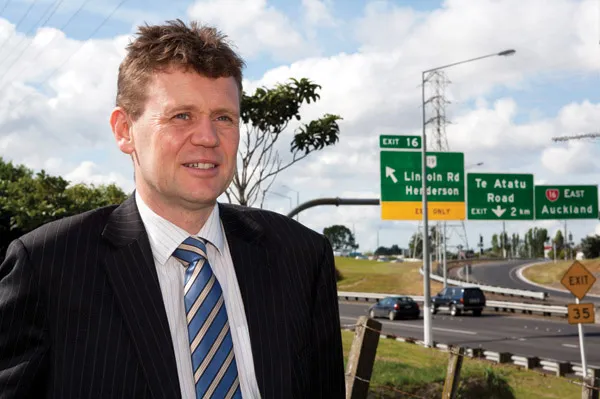The troubled tunnel construction project in Colombia to build the La Linea link has faced yet a further setback in its long tale of woe. The tender for the completion of the final 12% of the tunnel project has not managed to attract any interest from contractors. The budget for this work is an estimated US$77 million. A new tender process is being launched, with a submission deadline of 6th June 2017 and planned winner announcement on 4th July 2017. The contractor that had been building the tunnel failed to
May 19, 2017
Read time: 2 mins
The troubled tunnel construction project in Colombia to build the La Linea link has faced yet a further setback in its long tale of woe. The tender for the completion of the final 12% of the tunnel project has not managed to attract any interest from contractors. The budget for this work is an estimated US$77 million. A new tender process is being launched, with a submission deadline of 6th June 2017 and planned winner announcement on 4th July 2017. The contractor that had been building the tunnel failed to meet the necessary completion deadline and was involved in a dispute with Colombia's National Road Institute (2812 Invias), resulting in the firm losing the contract. However the project has been delayed previously on many occasions and for many reasons, including having the wrong kind of insurance cover for the work and due to more challenging than anticipated geological conditions. Construction commenced in 2004 with the breakthrough occurring in 2008, while the tunnel was originally planned for completion in mid-2016 but will not be ready for use until 2018.
When the tunnel is complete it will connect Calarcá, Quindío and Cajamarca and provide a much safer and faster transport link than the present route over a mountain pass. Travel speeds are low along the existing route, which features several sharp curves and has an unenviable record for crashes. The 8.6km tunnel will provide a new connection for the National Route 40 highway joining Bogotá with Cali as well as the port of Buenaventura. The tunnel runs underneath the Cordillera Central range, with its western portal at an altitude of 2,420m and the eastern at 2,505m.







